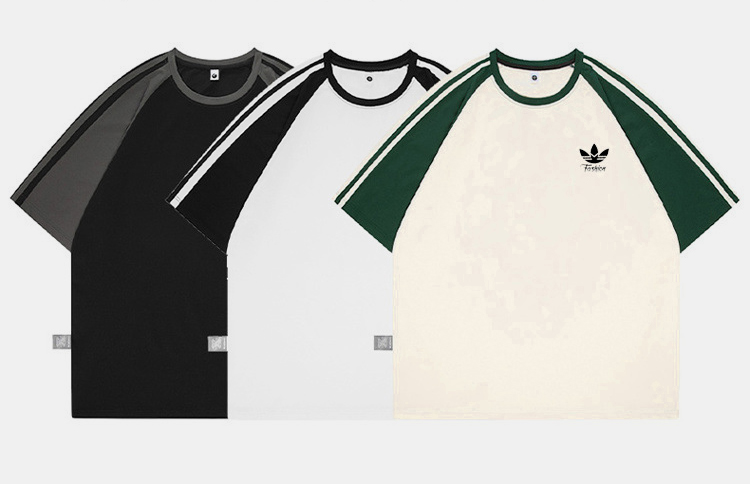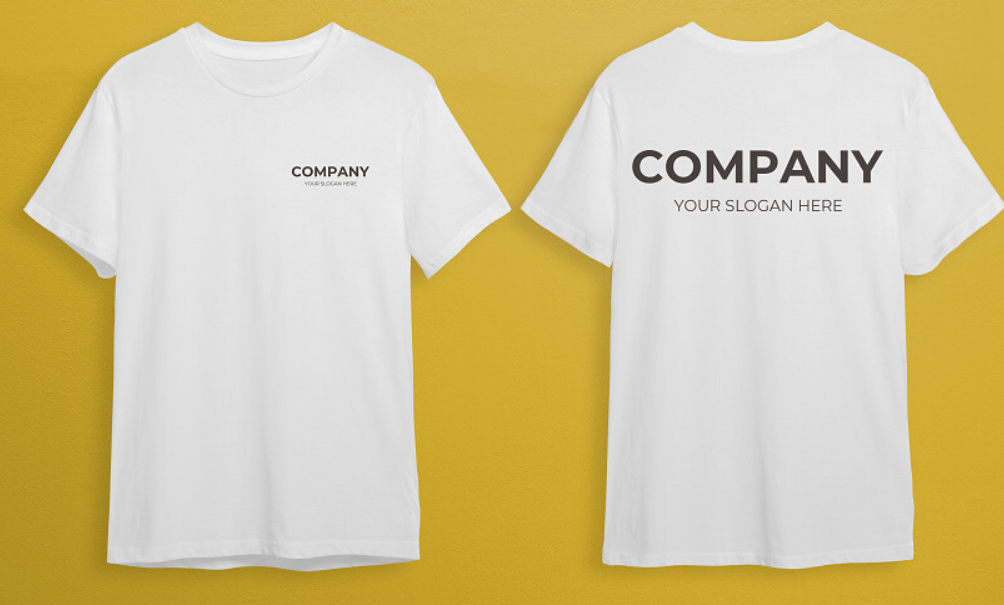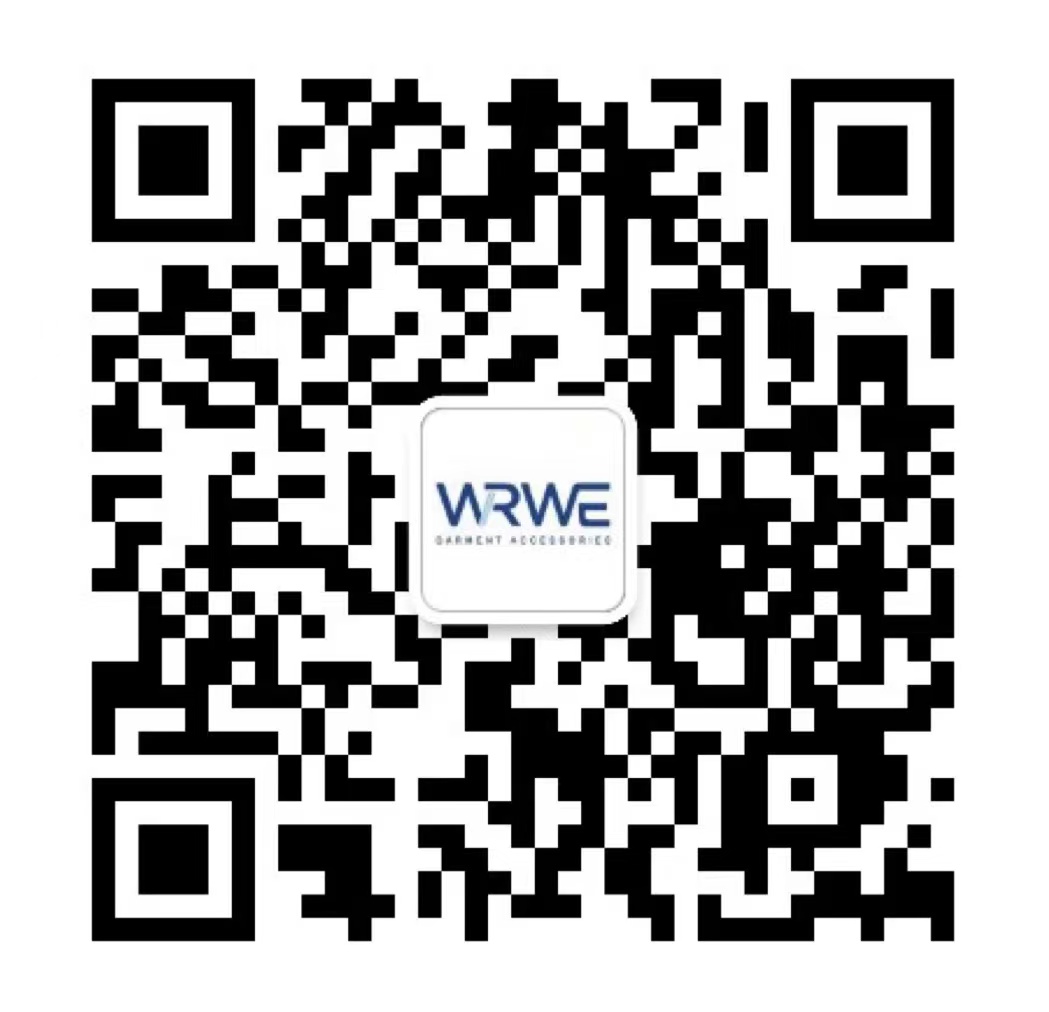In the field of clothing, White Label and Private Label seem to be the same, but you can still find the differences between these labels. Through this reading, you will understand their main characteristics and important similarities and differences between the two.
Private Label
Generally speaking, private label products mean that after the seller signs a contract with the manufacturer, the product is customized according to the seller’s needs, such as product specifications, parameters and styles, and sold with a private label trademark.
For example, a well-known product like Adidas is a private label product. Therefore, private label products are goods delivered to you directly from the manufacturer. These products are sold under private label brands and must be sold as exclusive items.
A wide range of private label products are sold all over the world. For example, a well-known brand like Nike only has reliable partners to deliver its goods. Nike would label the brand, do quality control, and then trade it. Many different clothing, cosmetics, and food companies operate in a similar manner.
In fact, private label products are mainly physical goods, including cosmetics, clothing, household items, etc., which have their own labels, and most people do not even know the actual source of the product.

White Label
White label products are purchased directly from the manufacturer and then sold with your own label. That is, the seller directly sells goods developed, manufactured and produced by the manufacturer. You can rebrand the product and sell it as your own product, but you cannot reset the product specifications, parameters, etc. according to your own needs. The only things sellers can change are marketing, product packaging, and branding.
Therefore, if a seller has his own popular brand, he can mark the goods purchased from the manufacturer as his own brand and use that brand to market and promote new products. Sellers also don’t need to explore new markets or spend a lot of time planning to launch new product lines, so selling white label products can lead to higher profits and lower costs.
White label products are not limited to physical goods, they can also be used for software as a service. But it can be difficult for sellers to find white label products because the manufacturers of these products are anonymous.

Main differences:
In some respects, there are key differences:
Customization
For white label products, all products have been produced before the seller and manufacturer reach an agreement, so the only thing the seller can customize is the packaging.
For private label products, retailers can customize products and control product specifications, design, etc.
Product exclusivity
White label products are not unique and exclusive as manufacturers can offer their same items to different sellers.
Sellers who deal in private label goods can send all specifications of the goods to the manufacturer, which means that other sellers will not be able to sell similar goods.
Cost and return on investment
Selling white label products requires a lot of advertising because sellers will have many competitors. If you successfully implement an effective marketing strategy, you can increase your revenue multiple times.
Selling private label products comes with high costs, including product research, product development, and marketing. But since sellers can sell exclusively, the return on investment is also quite high.
The product itself
White label products can also be non-physical goods, such as services or software, that are distributed to retailers, who then sell them as their own products;
Private label products are primarily physical items, such as clothing, that are produced by manufacturers and resold by retailers.
How to choose?
Whether to sell white label products or private label products mainly depends on the product and the company itself. For newbies who are new to the industry, in order to save time and money, white label products may be a good choice. After all, a product that has already been produced will It’s much easier to rebrand a product than to create your own from scratch.
But for some sellers, it may be more necessary to get a reliable and recognized brand. Both labels have pros and cons, and no matter which one you use, you need to understand and decide what kind of business you have, what products you need, and whether the type of products you choose is consistent with your brand, resources, business goals, and commitment level.


